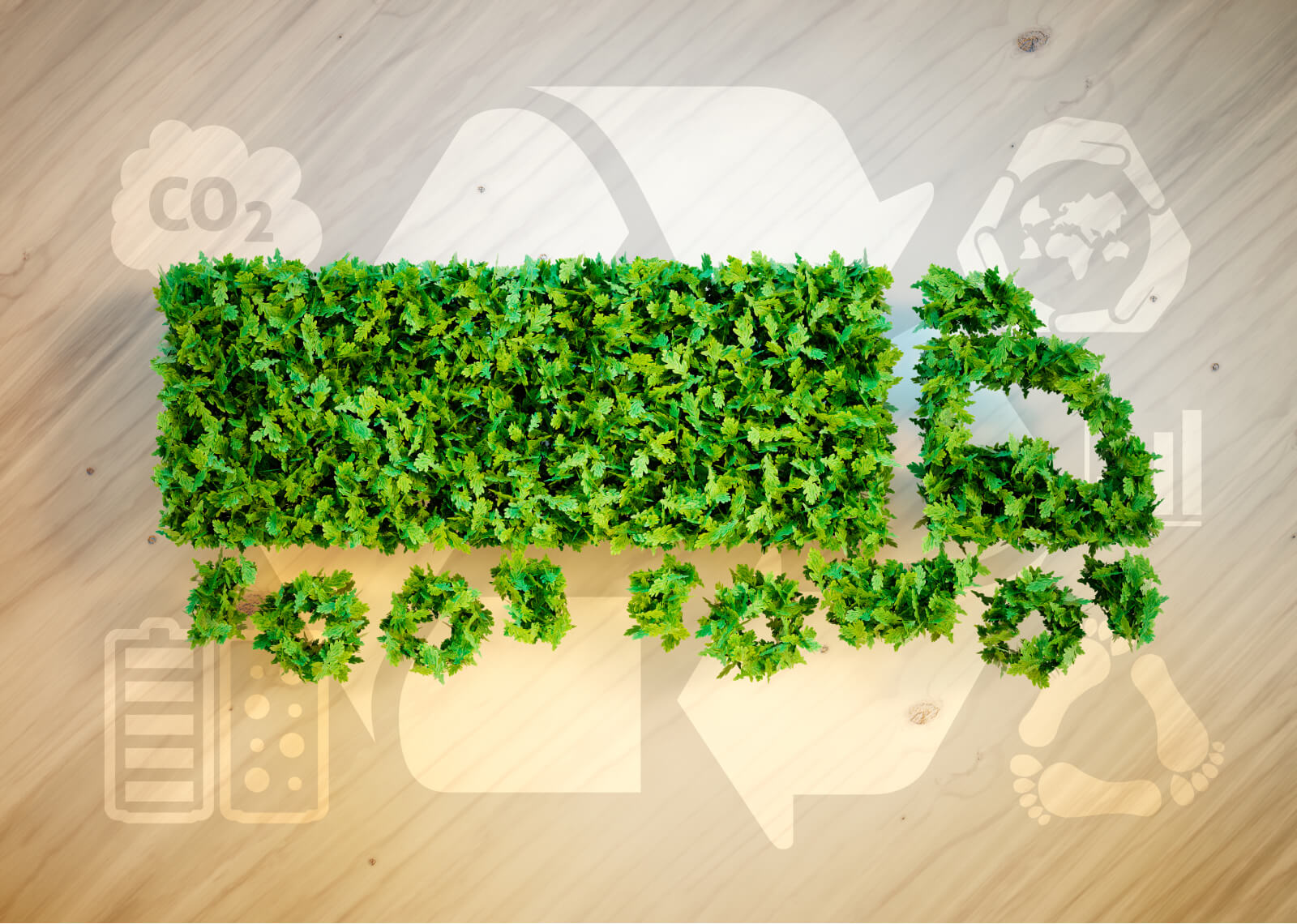
Henkel’s Ongoing Commitment to A Greener World
When it comes to corporate sustainability, few companies are better qualified to speak on the subject than Henkel. Founded more than 140 years ago, the Düsseldorf-headquartered laundry and home care giant has been at the forefront of sustainability research and implementation for decades. During that time, they’ve pioneered environmentally-conscious initiatives like the Henkel Sustainability Ambassador program, been a constant innovator in product development strategies, and cultivated a prominent position as a sustainability thought leader.
All of this is exactly why we were thrilled to be joined by Henkel at our latest FourKites Visibility 2021 annual user conference to discuss what corporations can do to improve their sustainability initiatives. This talk actually marked the second time Henkel joined us at a major international conference for a conversation about sustainability. The first time was early last year, at the very start of the COVID-19 pandemic, when we welcomed Dr. Dirk Holbach, Corporate Senior Vice President at Henkel, as a guest at our first-ever Supply Chain Sustainability Summit.
This time around, I had the pleasure of sitting down with Paul Avampato, Head of International Logistics at Henkel, who walked me through some of the ways Henkel has prioritised sustainability in the past, as well as how they’re continuing to emphasise it moving forward.
Henkel published its first sustainability report back in 1992 as one of the earliest large corporates to make environmental stewardship integral to business operations. Part of this certainly has to do with the fact that Henkel is also majority employee-owned, giving the company’s leadership an unusually strong incentive for long-term thinking.
As with any company trying something new, Henkel encountered a steep learning curve when they first chose to commit to sustainability in their business. As Dr. Holbach mentioned during his talk at the FourKites Sustainability Summit, the company initially focused primarily on their internal operations — things like energy consumption, water use and waste. These efforts, Holbach said, quickly allowed Henkel to cut more than half of their internal consumption over the first several years.
Today, Henkel’s goal is to be 100% carbon neutral by 2040. In the near term, this means growing efficiency and sustainability within their network, allowing the company to better collaborate with various supply chain partners. The key to achieving that, Avampato noted, is finding a balance between industry, distribution and carbon. To illustrate, he outlined four key areas of emphasis for Henkel’s supply chain: visibility, customer satisfaction, efficiency and sustainability.
These four goals really are sides of the same coin. Greater sustainability means greater efficiency, which in turn drives greater customer satisfaction. Underlying all of this, then, is the data and visibility businesses need to make it all happen. This is the core reason why Henkel decided that they wanted a visibility partner.
“Sustainability is important for everybody,” Avampato said. “We want to use the data from FourKites to understand better where there’s waste within the supply chain. Where do we have excessive empty miles? Where do we have excessive wait times? FourKites is more than just track and trace, it’s how we’re going to use visibility to start to drive efficiencies and sustainability.”
Sustainability is becoming increasingly important in how customers and prospective customers evaluate Henkel and its products. Environmental impact is quickly becoming a key competitive differentiator, and Avampato noted that how far you’re willing to move down the supply chain, and partner with sustainable enterprises, is one way to judge how serious a company really is about operating sustainably.
“Some of our more progressive partners actually partner with us to fill up trucks,” he said. “In the past it was always about smaller, more frequent orders, but now they’re starting to trade back and say, well first of all, transportation is constrained, and second of all, if I can take more trucks off of the road, that’s my fastest way of reducing carbon.”
“Our more progressive customers have now started to put sustainability or carbon reduction in the equation of how much inventory they carry and what mode of transportation they use. I would say that two to three years ago, if you were to put a customer order on rail, that was taboo. Now customers are working with us to say ‘Okay, maybe we have a longer transit time, but we reduce our carbon footprint.’”
If there’s a silver lining to pandemic-imposed capacity constraints, it’s the rampant innovation and enhanced collaboration those constraints have caused. Customers and carriers are now more incentivised to collaborate, focus on efficiency and prioritise sustainability.
“The collaboration that we’ve talked about for twenty years is now real,” Avampato said. “And the better that you can collaborate, integrate and partner with your carriers, the better you’ll be at delivering to your customers’ expectations.”